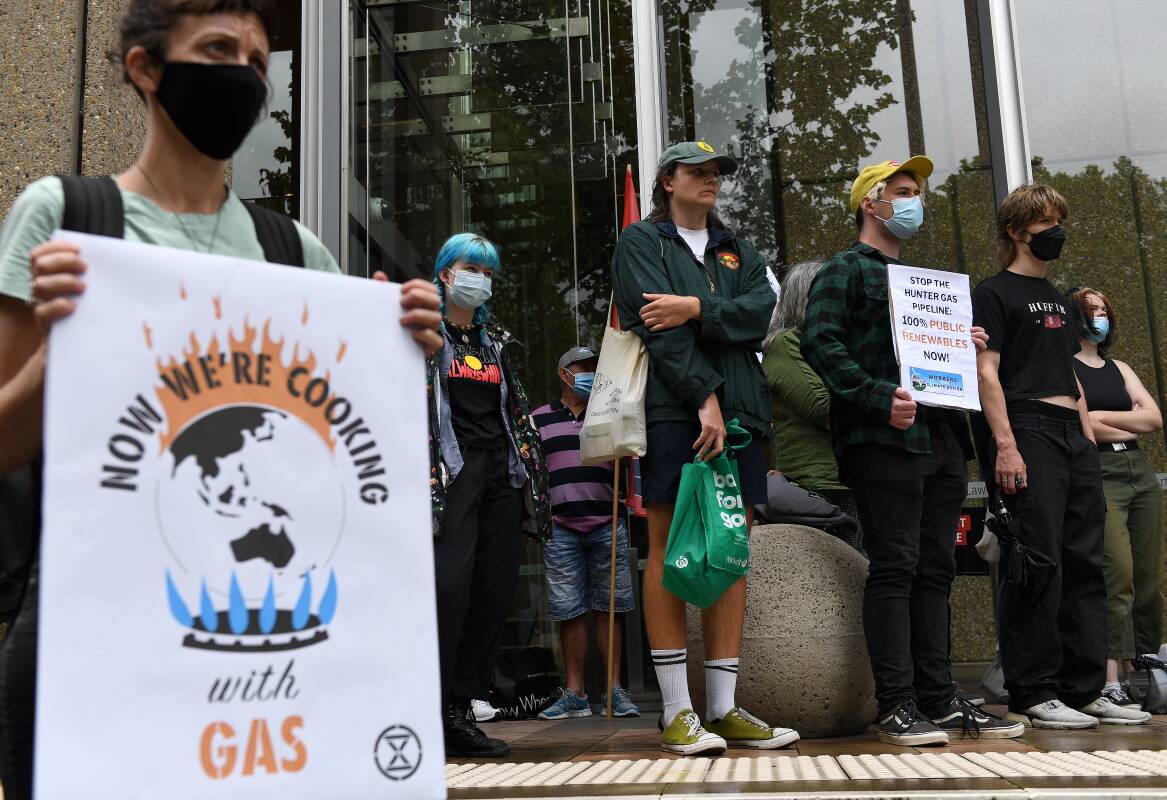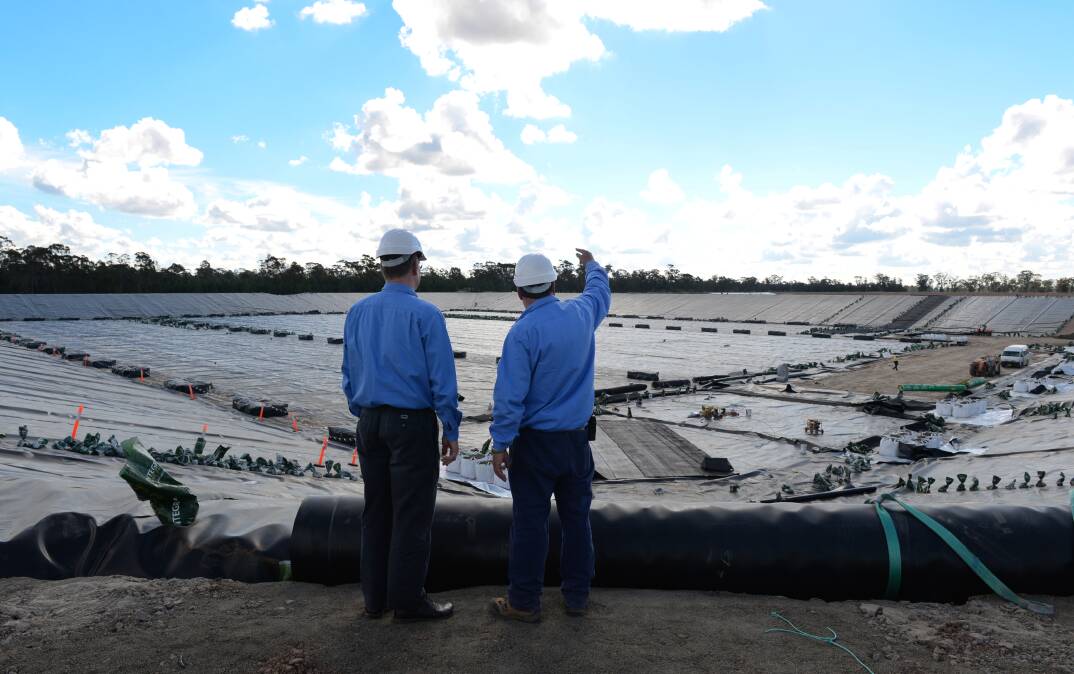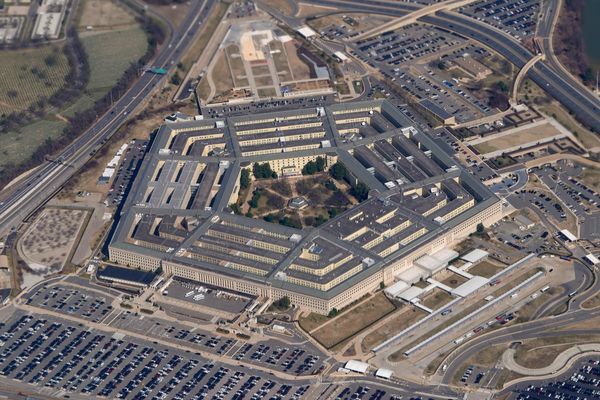
A TEMPORARY price cap of $125 a tonne for power station coal and a 12-month price cap of $12 a gigajoule for domestic gas are two of the four arms of a power bill price shock policy unveiled this afternoon by Prime Minister Anthony Albanese.
Addressing media after a National Cabinet meeting yesterday, Mr Albanese also confirmed $1.5 billion in temporary targeted assistance to households and small businesses, to start from the second quarter of next year.
The fourth arm of the plan was the agreement worked out on Thursday between the nation's energy ministers on Thursday, described by them as "a new capacity investment scheme" that would "accelerate the deployment of firmed renewable power".
Power is "firmed" by using batteries or pumped hydro to "smooth" or back-up intermittent output.
Although the coal and gas price caps had been widely anticipated, Mr Albanese acknowledged them as a rare intervention into open markets, saying the government was taking "urgent action".
He said federal parliament would be recalled next week to deal with any legislation needed to bring the plan to fruition.
He said differences between states and territories meant each would have to make their own corresponding changes.
He indicated NSW would need to pass laws to enforce the $125 a tonne cap, while Queensland (which owns most but not all of its coal-fired generators) could make the changes by regulation.
Mr Albanese opened his remarks today by linking soaring energy costs to the Russian invasion of Ukraine, but prices were rising well before the invasion, and the NSW Minerals Council says the price rises are in part a response to shortages caused by regulatory and social pressure on the industry.
On gas, Mr Albanese praised the WA government for ensuring exporters were signed up to a domestic gas reservation policy.
An acknowledged gas shortage has put a renewed focus on the Narrabri coal-seam gas project owned by Santos.
In August, Santos bought the rights to the approved Hunter Gas Pipeline, and, yesterday, Planning Minister Anthony Roberts declared a planned 50-kilometre spur line to the main proposed Hunter pipeline to be "critical state infrastructure" that was "essential to NSW for economic reasons".
Evidence has emerged to show that NSW power stations are still getting much of their coal for less than $125 a tonne, but the confidential nature of the contracts means the exact figures are not publicly available.
The ACCC will examine gas contracts as part of the gas price cap.
Responding to the announcement, NSW Minerals Council CEO Stephen Galilee said anything the government did should also "protect NSW mining communities and preserve the reputation of NSW as a destination for mining investment".
"The NSW mining industry stands ready to support policies that reduce pressure on energy prices while strengthening the NSW economy," Mr Galilee said.
"We will examine the details of today's decisions to determine their impact and effectiveness, and seek constructive consultation with the NSW Government on any proposed measures."
Dominic Perrottet also acknowledged Mr Albanese's statement, describing it as Canberra's "agreement to our request for financial support to households and businesses".
"The NSW Government will work with industry to ensure downward pressure on prices while securing domestic coal supply," Mr Perrottet said.
"We also welcome the Federal Government's commitment to developing compensation arrangements for the sector, which will help ensure there are no disruptions to electricity generation in NSW."

WHAT DO YOU THINK? We've made it a whole lot easier for you to have your say. Our new comment platform requires only one log-in to access articles and to join the discussion on the Newcastle Herald website. Find out how to register so you can enjoy civil, friendly and engaging discussions. Sign up for a subscription here.







